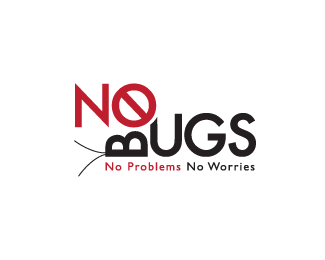[et_pb_section admin_label=”section”][et_pb_row admin_label=”row”][et_pb_column type=”4_4″][et_pb_text admin_label=”Text”]
We dreamed of this time when the temperature was 30 degrees and snowing. We wanted to be outside, but the cold told us otherwise. Now that the sun is shining, the grass is green and the flowers are blooming – we deserve to have our time in the sun, but unfortunately, the warmer months always bring some unwanted pests to the party. We can blame Mother Nature, but perhaps did we actually send these insects an invitation to the get together and we didn’t even realize it?
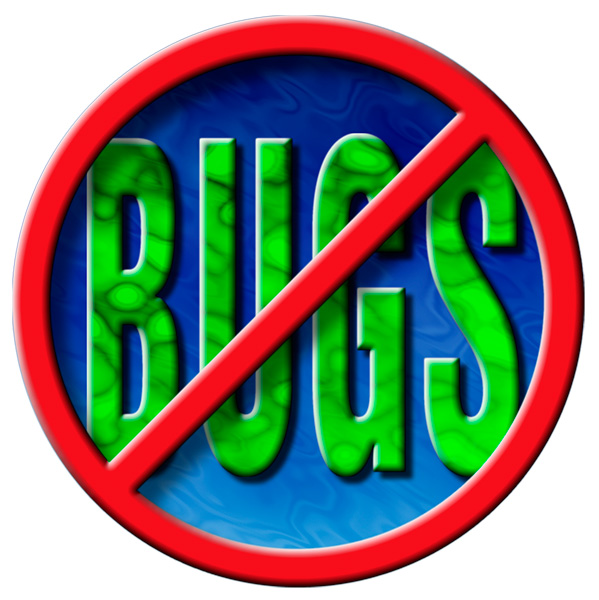
Insects, in all reality, need what we need, shelter, food and water – pretty basic when you get down to it. Let’s run down to the list to see if we are helping the problem or creating one.
• Water – rain (can’t do much about that) and watering (need to keep things alive)
• Food – plants, wood, decaying leaves or wood
• Shelter – moist wood, or areas that tend to retain moisture
For many of us it has been wet. The spring showers are bringing more than flowers – they are forcing many pests to seek shelter in drier areas – like our homes. And in drier areas, pests are on the hunt for moisture so they too are heading indoors. It is really a no-win scenario. After speaking with a number of experts in the field the biggest concerns this year are the ant, termite and mosquito populations.
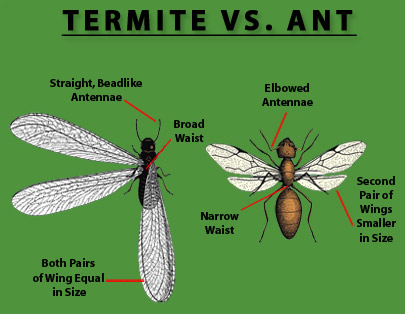
So what can we do to lessen the chances of having to call in a professional to give us a hand? Let’s begin with mulch. Mulch beautifies our years, lessens weeds and allows our plants to thrive, but to ask a simple question – do we really know the proper technique to mulch our yards?
While many have made the switch to rubber mulch – more to come on that later – still more continue to use wood mulch in their planting beds and around trees and homes. Question – when was the last time you saw a neighbor rake out last year’s wood mulch to replace it with new mulch? Answer – most likely never. This is not good and may be one of the issues that can contribute to insect problems in your yard.
The wood folks say that wood mulch does not attract termites, carpenter ants or other harmful insects. Wood mulch retains moisture, if piled to thick will act like a shelter and provides a source of food – check, check and check.
Let’s look at termites for a second. Part of your “move-in” package was not a big box of termites that they released in your basement – they had to get into your house somehow. That somehow is when most of us mulched our yard or garden right up to our foundation. Each year termites cause more than $5 billion in damage and 1 out of every 30 homes has a termite problem – those are not good odds.
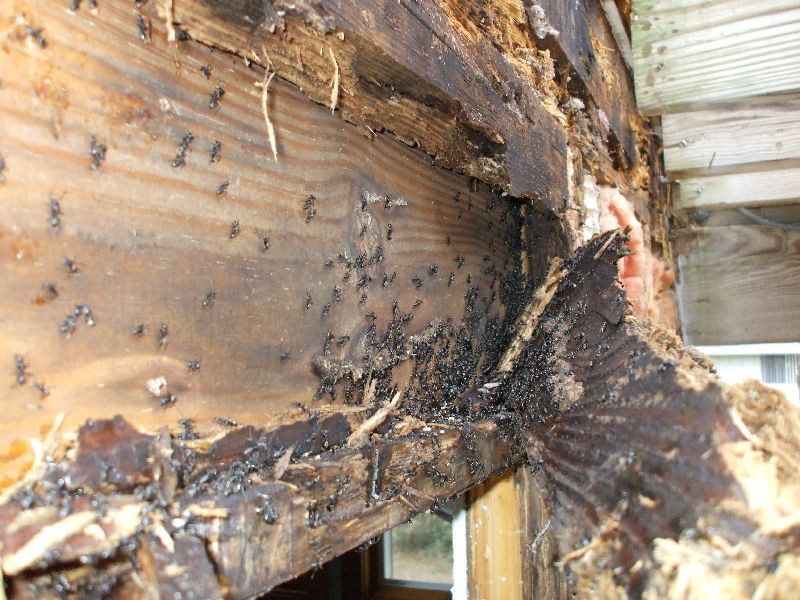
There is a mulch that does not attract insects such as termites, and it is rubber mulch. If you used rubber mulch you would not attract this insect to your home or property as the kitchen is closed so to speak. You can mulch right up to your foundation and be assured that termites will not feast on the recycled rubber – seems like a pretty good idea.
In addition, rubber mulch does not compact over time so it does not create that hard under layer that can happen with improper wood mulching techniques. Since the product does not compact water can flow down to nourish plants and trees, allowing the ground to breathe, leading to the evaporation of any excess moisture.
If you choose not to make the switch and want to stay with wood, here are a few quick tips to lessen the insect issues.
• Do not mulch right up to your foundation. Keep wood mulch at least 12 inches from exterior walls and any wood structure.
• Do not mulch right up to the trunk of your trees as the retained moisture will contribute to root rot and eventually end the life of the tree.
• Remove old wood mulch each year and start with a fresh layer. Piling on mulch year after year will only lead to problems down the line.
• Shredded mulch is better than a nugget style mulch as the nugget will act like a sponge and rob your plantings of vital nutrients.
• If you still have an insect problem – make the switch to 100% recycled rubber mulch – you won’t be disappointed.
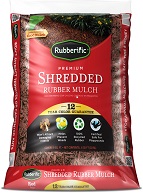
[/et_pb_text][/et_pb_column][/et_pb_row][/et_pb_section]


